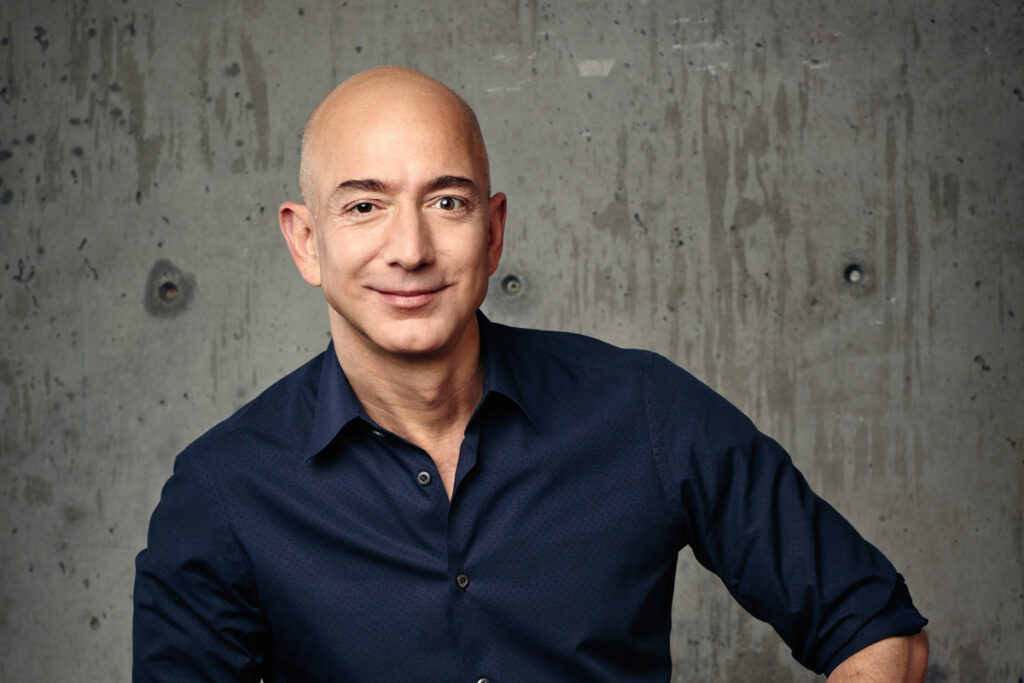Amazon’s vice president for global innovation policy and communications, Paul Misener, gave the keynote speech at Retail Week’s tech conference in London last week and made some fascinating remarks that hep us understand the company. It reflects Jeff Bezos’s Letter to Amazon shareholders last year where he celebrated the the importance of failure.
Here’s what Misener said:
“At Amazon, we have a lot of experience with failure. We have failed many times — some very public, colossal ones, some private. But we are failing and we will continue to fail. Many times we will fail going forward, I’m confident of that. It turns out now that fully half of the things sold on Amazon are not sold by Amazon but through other partners. It’s introduced a new class of customer for Amazon, the seller customer.”
“It was this willingness to fail and trying to get things right eventually finally that led us to this very beneficial way of doing business. The whole idea is this: if you really want to be innovative, you have to experiment. If you know the outcome of what you’re going to do, it’s not an experiment. It’s more like a demonstration.”
“Undoubtedly your teacher knew what the outcome was supposed to be and you probably knew what the outcome was supposed to be,” he said. “The reason? You weren’t doing an experiment, you were just rehashing an experiment that was done decades, maybe centuries ago. If you’re worried about the outcome being exactly what you hope it is, then you’re not experimenting.
“If you’re not willing to experiment you’ll never actually innovate and if you want to experiment you have to be able to fail — in fact you should try to fail so that it fails quietly, not loudly externally.”
“This willingness to fail, it’s a big deal. I get that that’s hard to adopt because you’ve got all sorts of people — maybe your boss, maybe an investor, maybe the press — looking for failures. That’s not a very fun thing to go through. No one likes to fail. But if you accept that failure is necessary for innovation, it’s actually quite important and it becomes a lot easier to deal with.”
The statements are fascinating and enlightening from a company that counts the world’s second richest man as its head. Perhaps this counter-intuitive approach is at the centre of Amazon’s success?











4 Responses
Im so glad that Misener used the word FAILED on numerous occasions: Heres some more failures:-
Amazon FAILED
To tell me (and 100s of sellers) WHY you suspended my account
To answer ALL correspondence sent to Amazon to all levels of communication
To tell me WHY Amazon are holding onto my money (over 3 months now)
To reinstate my seller account despite I have no A-Z issues, No complaints, All green ticks on my metrics and 100% feedback.
Amazon, you really ARE an arrogant out of control giant .
Amazon don’t usually celebrate failure … according to the Amazon biog I read, they denied they used to publish books at one stage (because they were clueless in that particular enterprise and it was a disaster) – can you imagine that – numerous customers and the whole publishing world knew about it – but it didn’t happen! Like Winston Smith [1984] “revising history”.
The innovate this is no doubt, the dominate this is no doubt. They are light years ahead of everyone and everything else. They are the world leaders in all their fields or the will end up as.
However they also bring nothing to society and put nothing back in. For every job they create they cost one hundred.
Sam, creating one job that costs one hundred is known as progress.
You also benefit from this.
Cheap goods, quick delivery, even ability to sell.
Jobs are a cost of business not a benefit.